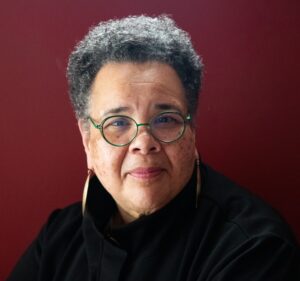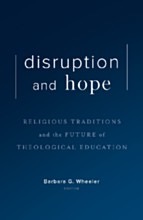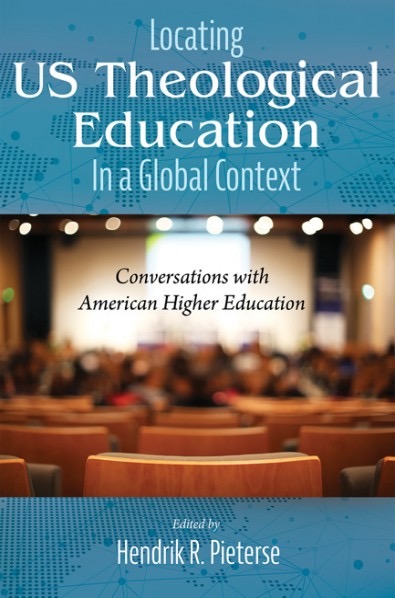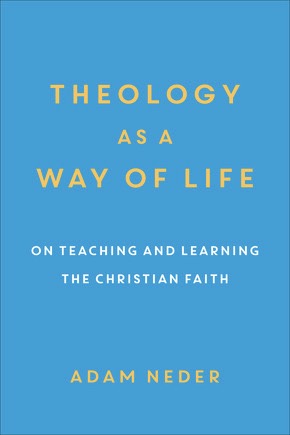theological education
Select an item by clicking its checkbox
All storms are not the same. A light summer rain is not a category five hurricane. You must learn, in your context, to identify those storms that can be refreshing, and even enjoyable, and those storms that are life threatening and require you to batten down the hatches or evacuate. ...
CREATIVITY IS… Learning in the theological academy needs to be liberated. It has been held hostage by standards of appropriateness authored by voices and ideologies long gone yet holding on. They can be quite static and unmoving. The solution? Creativity. But I’m not sure if theological institutions are truly ...
Date Reviewed: April 15, 2020
Demographic and societal shifts in religion—to say nothing of higher education challenges—gnaw at North American theological education. The turbulence around the religious and educational environment is constant, and the essays in this volume acknowledge these challenges while exploring methods to move forward. The essays were written by seminary presidents and university leaders of various traditions to honor Daniel Aleshire, longtime executive director of the Association of Theological Schools (ATS). The first four essays address the challenges faced by theological schools while the final two essays examine the rise of non-Christian traditions in North America. Outside of the six essays, a helpful introduction provides coherence to the book, while the honoree of the volume supplies an afterword.
The first two essays by David Tiede and Martha Horne soberly name the disruptions around theological education. Tiede raises four pressing challenges and how Lutherans (ELCA) are addressing them: the digitization and marketing of everything; the cost/debt spiral; the need for leadership change; and the focus on educational results. Horne provides a call for change through the story of Desmond Tutu’s awakening to how theology is shaped by different historical, sociological, and cultural contexts. This should drive an ability for Anglican comprehensiveness, anchored in communion, worship, and mission, that allows for theological inquiry and debate.
Donald Senior focuses on the type of Roman Catholic seminary candidate needed for the emerging needs of this world. Priestly formation from the work of Pope John Paul II roots this vision and is then joined with values from Pope Francis’s vision of the joy of the gospel, care for creation, and mercy. While other essays focus on curriculum or mission, Senior calls for a counter-cultural vision for theological education embodied through its people.
Evangelical pragmatism and its aversion to seminary training is the focus of Richard Mouw’s essay. Mouw encourages theological schools to listen to concerns and questions of those in ministry. Theological educators must make the case for theological education, but must do so with an empathetic spirit throughout the conversation.
The final two essays by Douglas McConnell and Judith Berling examine multifaith engagement and its implications for pedagogical concerns. McConnell grapples with how to engage a multifaith context from an evangelical framework. He calls for convicted civility rooted in hospitality and illustrates this through an institutional case study. Berling traces the history of multifaith theological education in mainline seminaries and explores ongoing opportunities and challenges. She raises the many ways that tradition can be both understood and shaped; this flexibility in tradition should aid in classroom pedagogy and interreligious learning.
The volume as a whole encourages faculty, administators, stakeholders, and institutions to discern their core identity and mission. This, in turn, should drive what doctrines/affirmations and practices of life are central to a school’s tradition. While not prescriptive in methodology, the essays provide a quick read for busy stakeholders that can foster reflective dialogue on mission, tradition, and vision.
Date Reviewed: June 17, 2021
Date Reviewed: June 21, 2021
Drawing on the work of Søren Kierkegaard, Karl Barth, and Dietrich Bonhoeffer, Adam Neder offers a clear and creative theological and spiritual reflection on the art of teaching the Christian faith. This concise and engaging book offers a wealth of fresh insights and practical suggestions. While addressed to teachers in academic contexts, the approach is broad enough to include anyone involved in teaching and learning Christianity. (From the Publisher)




